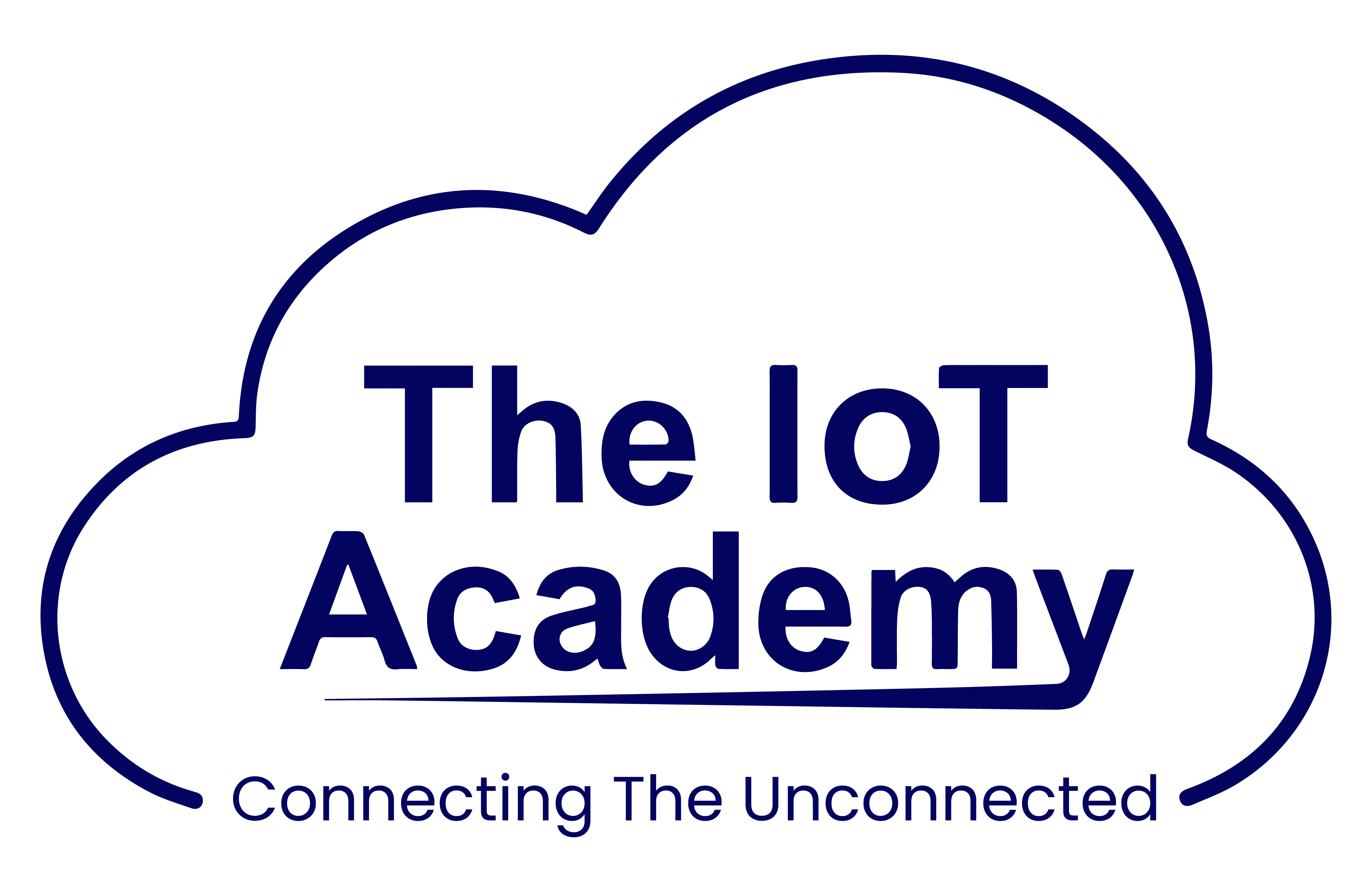

Python is an interactive, high-level, object-oriented programming language that is available as a free source. This coding language is used in the creation of several well-known websites, like Facebook, YouTube, Reddit, Instagram, etc. An interpreted language is a useful and user-friendly coding language for novices.
The advantages of the Python Programming Language are highlighted in the following sentences.
There are also a few disadvantages of Python, which are as follows:-
Our Learners Also Read: Top 5 Programming Languages
What is C#?
C# or C-Sharp is also an object-oriented programming language created by Microsoft. It is the most powerful language and follows C & C++ coding constructs. Additionally, this language is cross-platform compiled, uses high-level programming, and is part of the .Net framework. This language is built on a CLI architecture that has runtime options and functional code.
Conclusion
It’s difficult to pick between Python and C# because both are fantastic. They support numerous frameworks and provide strong libraries, mature tools, and active communities. Within the overall performance of Programming Languages, each language has its own advantages and disadvantages. As a result, in order to succeed, modern programmers require these updated languages. These coding languages can be effectively used by businesses for improved development.
About The Author:

Digital Marketing Course
₹ 9,999/-Included 18% GST
Buy Course₹ 29,999/-Included 18% GST
Buy Course